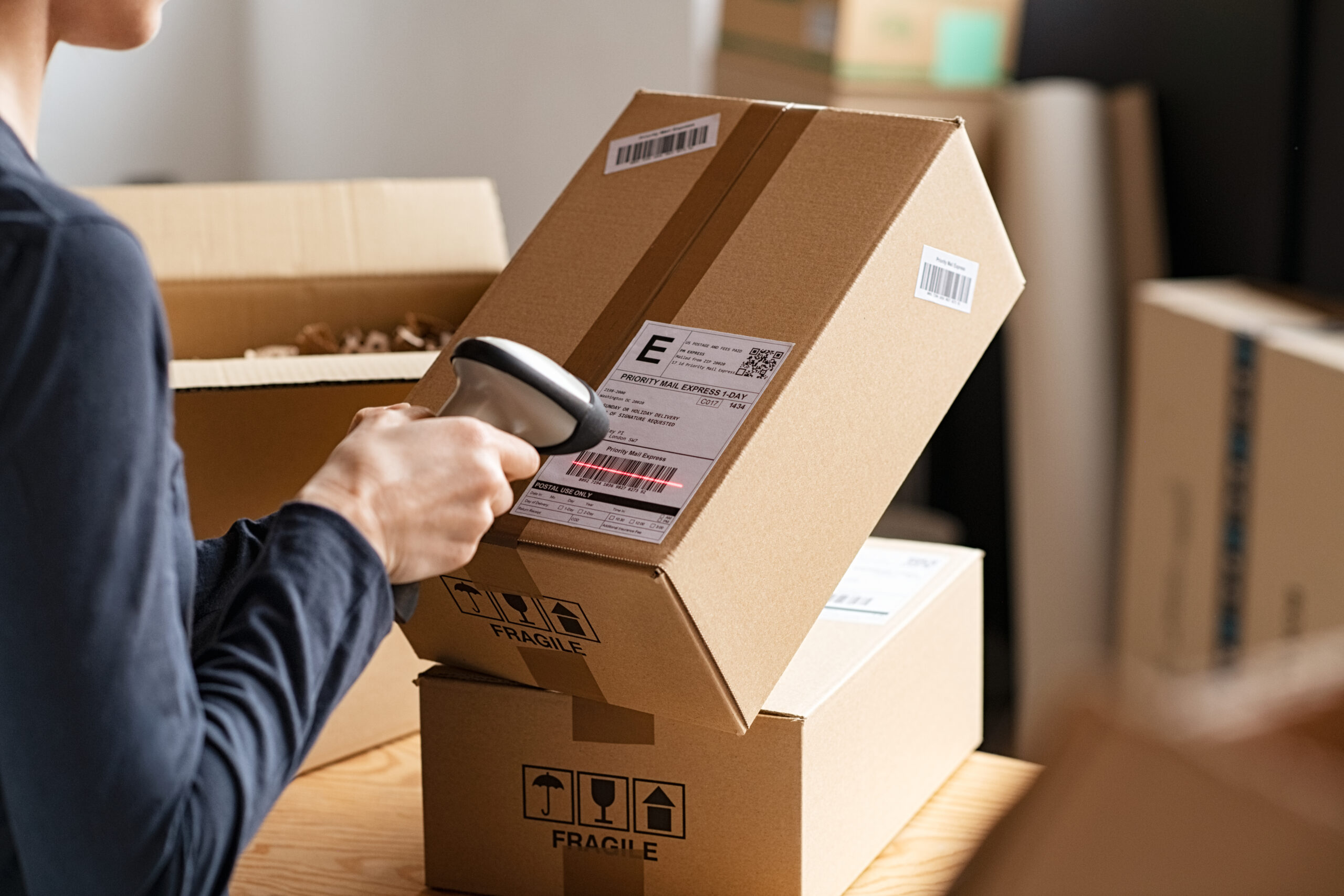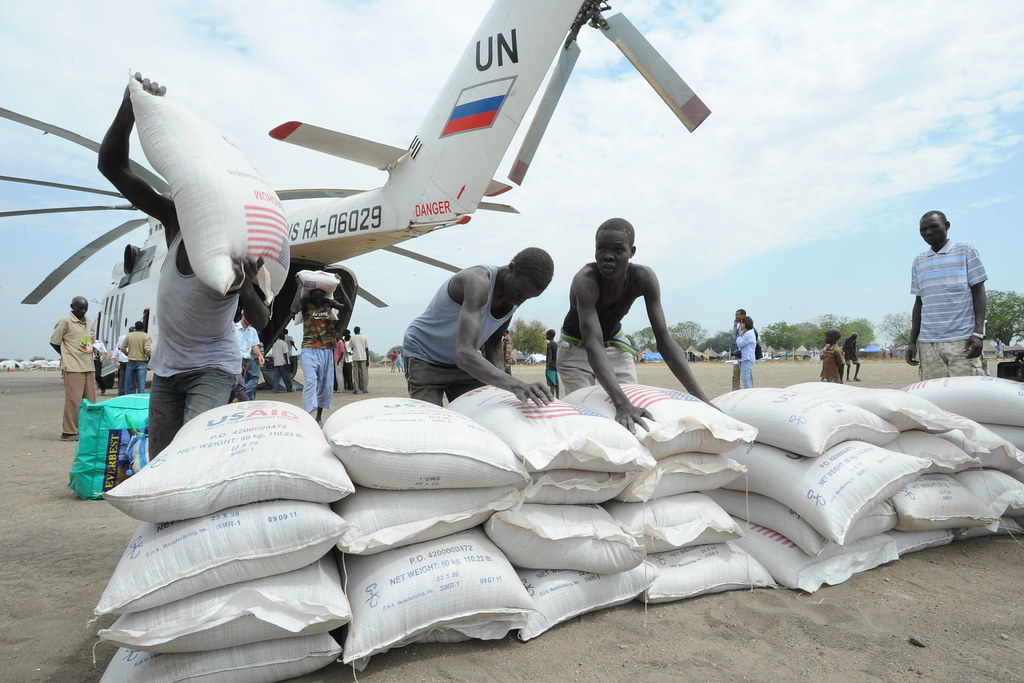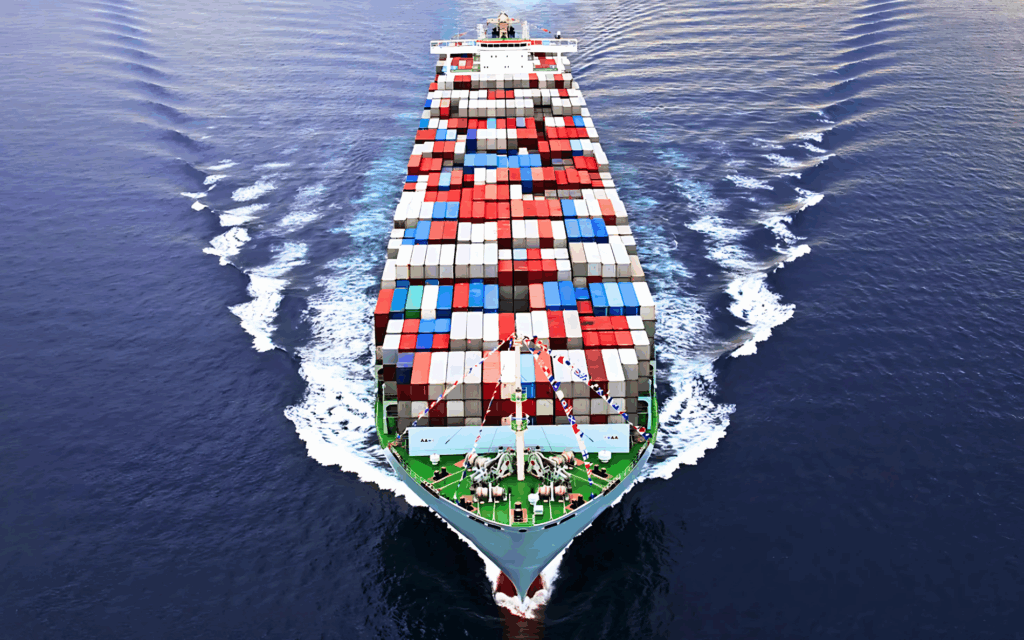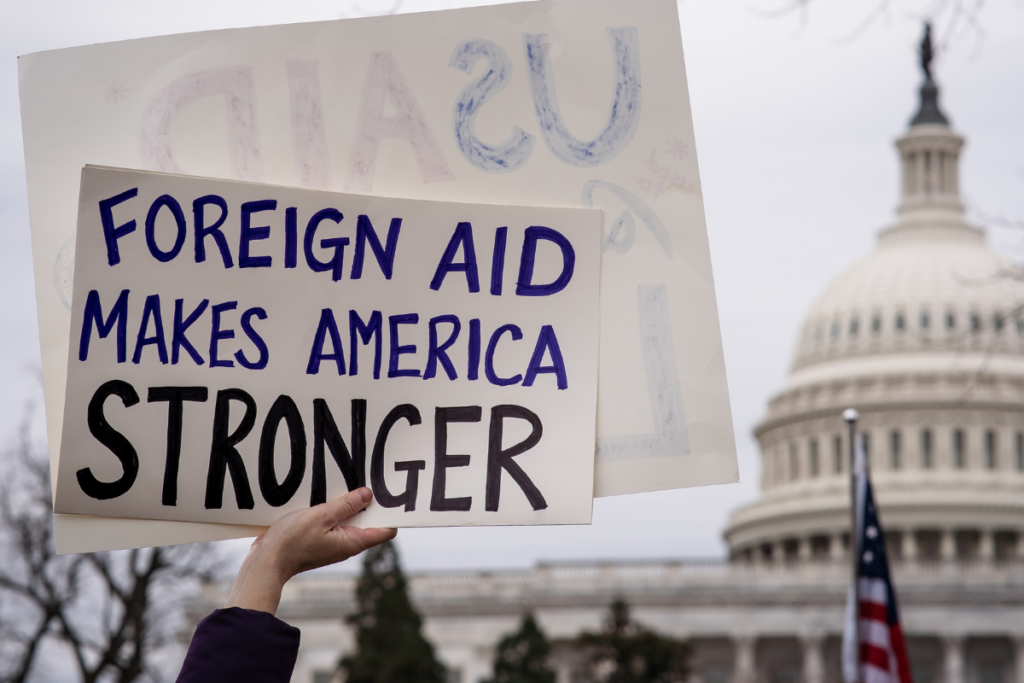When Americans order something from abroad, few stop to think about the machinery that gets the parcel to their doorstep. Behind the scenes sits the UN’s Universal Postal Union (UPU), a United Nations agency created in 1874 that quietly links 192 countries into a single global postal territory. Its job is to set the rules that allow one country’s postal service to hand off a package seamlessly to another.
Most of the time, the UPU does this work in obscurity. But this summer, as sweeping U.S. tariff changes strained global shipping, the agency found itself making headlines – and working hard to keep commerce flowing.
How a Quiet Rule Change Shook Global Commerce
The shift began in April, when the Trump Administration invoked the International Emergency Economic Powers Act (IEEPA) to impose new tariffs. While overwhelming attention focused on high-level trade battles, the most consequential change for everyday American consumers came on August 29, when the Administration ended the long-standing “de minimis” exemption that allowed goods under $800 to enter the U.S. duty-free.
The exemption had been the backbone of low-cost e-commerce. Its suspension meant that every parcel, no matter how small, now had to clear customs and face duties that could reach as high as $200. Officials defended the move as a way to close loopholes exploited by counterfeiters and drug traffickers. For consumers, however, it meant extended delays and higher costs. And for small businesses that rely on affordable shipping to reach customers abroad, the disruption was even sharper.
According to data collected by the UPU, international mail traffic to the U.S. fell by 81 percent in a single week, with at least 88 postal operators suspended some or all services to the U.S. altogether as they seek to reconfigure their systems.
The UN’s Universal Postal Union Steps In
The UN’s Universal Postal Union stepped into this breach. With its 150-year history of technical standard-setting, the agency has become the indispensable broker between U.S. authorities and the rest of the world’s postal systems. In recent weeks, it’s worked to clarify Washington’s new rules, relay them across its global network and accelerate development of tools to make the changes workable in practice.
With its 150-year history of technical standard-setting, the UPU has become the indispensable broker between U.S. authorities and the rest of the world’s postal systems.
Just this week, for example, the UPU began rolling out a “landed-cost calculator” that global postal operators can integrate into their systems to let post offices calculate and collect the correct duties from customers at the point of origin, ensuring that shipments clear customs smoothly once they reach U.S. soil, reducing time and complications upon entry.
The UPU is also fast-tracking upgrades to its existing Customs Declaration System used by 176 national postal operators. This system will allow posts not only to calculate duties but also provide payments to U.S.-approved carriers and transmit all required data in line with Customs and Border Protection standards. And to smooth the adoption, the agency is supporting postal operators in adapting their internal procedures and training staff on new U.S. requirements.
And the agency is serving as a forum for diplomacy. On August 25, the UPU sent a letter to Secretary of State Rubio, offering technical consultations, transitional arrangements and pilot projects to smooth the rollout of the new rules among Member States. Days later, it convened an information session for U.S. officials to field questions from more than 100 countries, underscoring the UPU’s role as the global table where postal policy is negotiated and translated into practice.
In a statement, UPU Director General Masahiko Metoki described the work as central to the agency’s mission: “The UPU has in its mission the responsibility to guarantee the free circulation of postal items over a single postal territory. We’re working to uphold that responsibility with the rapid development of a new technical solution that will help get mail moving to the United States again.”
The UPU is working to uphold [our] responsibility with the rapid development of a new technical solution that will help get mail moving to the United States again.”
Masahiko Metoki, UPU Director General
Domestic Policy Meets Global Delivery
Inbound traffic to the United States accounts for 15 percent of global postal flows, nearly half of it from Europe and a third from Asia. The vast majority is made up of small parcels, the very products most affected by the end of the de minimis exemption. Without the UPU’s rapid interventions, much of that traffic would remain stuck in warehouses and airports, stranding businesses and consumers alike.
For the U.S., the moment is a reminder of how deeply domestic trade decisions ripple across international systems – and how much Washington depends on global institutions to carry them out. The UPU has no say in U.S. tariff policy, but it’s the agency making those policies function in the real world. By building technical solutions, coordinating with postal operators and engaging in direct dialogue with Washington, the UPU is an essential partner.
In a moment when politics and policy can stall the mail, the UN’s Universal Postal Union — the world’s second-oldest international organization – remains what it has always been: the quiet bridge that keeps commerce moving.
Did you know? In 2023, the U.S. Postal Service delivered about half of the world’s 227 billion mail pieces, far surpassing the volumes managed by any other carrier – and made possible through its partnership with the UN’s Universal Postal Union.




